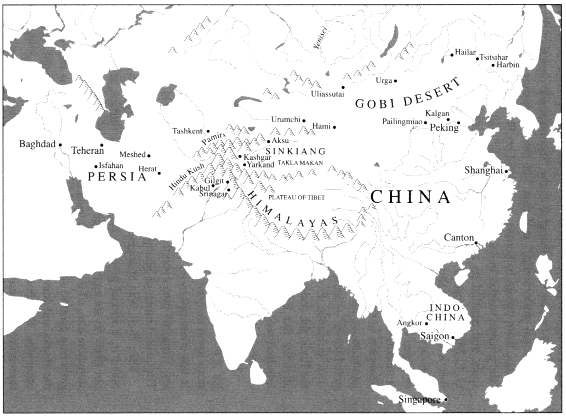Main Menu
Dolzhikov Romans Nostaljgiya Noti
воскресенье 25 ноября admin 13
Memory and Nostalgia in Antonio Tabucchi's Last Two Books. Joseph Francese - 2012 - The European Legacy 17 (7):918-934. Details In Il tempo invecchia in fretta, a collection of short stories (2009), and in Viaggi e altri viaggi, a travel book (2010), the Italian novelist Antonio Tabucchi (1943?2012) investigates the conflict between interior.
Download update patch winning eleven 8 musim 2015 terbaru film indonesia. Finished this finally, unintentionally in the perfect way, reading from three to five in the morning when I couldn't sleep. Gengoroh tagame house of the brutes english online hd. It's the perfect way to finish because this is an insomniac's diary, or more so, its conceit involves an Austrian insomniac's cognitive perambulations in bed in Vienna as he makes his way, only ordered by the increasingly late hour, through the occidental experience of (the novel's keyword) in the orient. It's about the interpenetration of east and west, self in th Finished this finally, unintentionally in the perfect way, reading from three to five in the morning when I couldn't sleep. It's the perfect way to finish because this is an insomniac's diary, or more so, its conceit involves an Austrian insomniac's cognitive perambulations in bed in Vienna as he makes his way, only ordered by the increasingly late hour, through the occidental experience of (the novel's keyword) in the orient. It's about the interpenetration of east and west, self in the other. Like, it's a vehicle for erudition, an assemblage of a whole lot of stuff previously unbeknownst to me. In 'Zone,' each phrase of a discontinuous, single, 500-page sentence is like the ties along the tracks the narrator rolls over seated in a train, providing basic forward movement and structure, whereas in this one, the narrator is in bed mostly, or puttering around his apartment, as nocturnal hours pass.

In both novels, the masks the author wears (his narrators) have insider information -- although he's not a former spy as in 'Zone,' the academic orientalist narrator of 'Compass' feels more naturally aligned with the author who I believe at one time taught Arabic at the University of Barcelona. The narrative mask seems more transparent. At one point, research is associated with espionage and this is sort of like the secret history of the western infatuation with the east, but Enard being a great writer blurs the duality and complexifies it. He also refers to Beethoven's Moonlight Sonata solely as his 14th sonata, which I then had to look up on Spotify, which really comes in handy when reading this since you can find Mendelssohn's Octet and choose from dozens of versions, or pieces by Schubert, Chopin, Wagner, or any other piece by western classical composers you don't know at all or well that are discussed at one point.
Someone with more time should put together a 'Compass' playlist. The title itself refers in part to Beethoven's compass, which is set to point east instead of north. It's not all about 'orientalist' interests, however -- there's also a love story with another academic, Sarah, who the narrator loved and loves still, and idealizes, especially times together in Tehran and Damascus, and the love story, the history of their interactions since then, the cooling off, the letters, the time together in Vienna when Sarah only wants to visit museums related to horror, establish the novel's spine, the trunk from which the limbs of episodes and anecdotes and the foliage of essay and ideas can grow.
Although nowhere near as conventional as Enard's last translated novel,, the love story is satisfying enough, as is all the esoteric information and all the reference particularly to writers and artists and composers. Ultimately, like 'Zone,' this is a major Reference Work, what I've decided to call these contemporary novels that rely so heavily on biographical reference, particularly to artists, philosophers, musicians, et al, that they're almost something like disordered encyclopedias, like fragments from the fourteen-thousand volume compendium of all knowledge at the time that went up in flames thanks to the incursion/aggression of Westerners in China. It's five-stars in terms of the author's ambition, execution, and erudition but I nevertheless docked a star for my reading experience: I could only read this in bits and pieces, a few pages on the subway to and from work, a few pages before sleep overwhelmed me or I decided to put it down in favor of a tight NBA playoff fourth quarter streaming to my tablet. At times I thought it could have been edited more stringently, could have been pruned throughout and lost a hundred or more pages without missing much overall, but its ranginess and excessive stream-o'-consciousness sleepless progression also seem essential to what makes it feel unique. Anyway, definitely recommended reading for anyone willing to immerse themselves in the long history of western addiction to oriental alterity, beyond belly dancers, magic carpets, genies, all the way up to those recent black-hooded Islamic State decapitators from London.